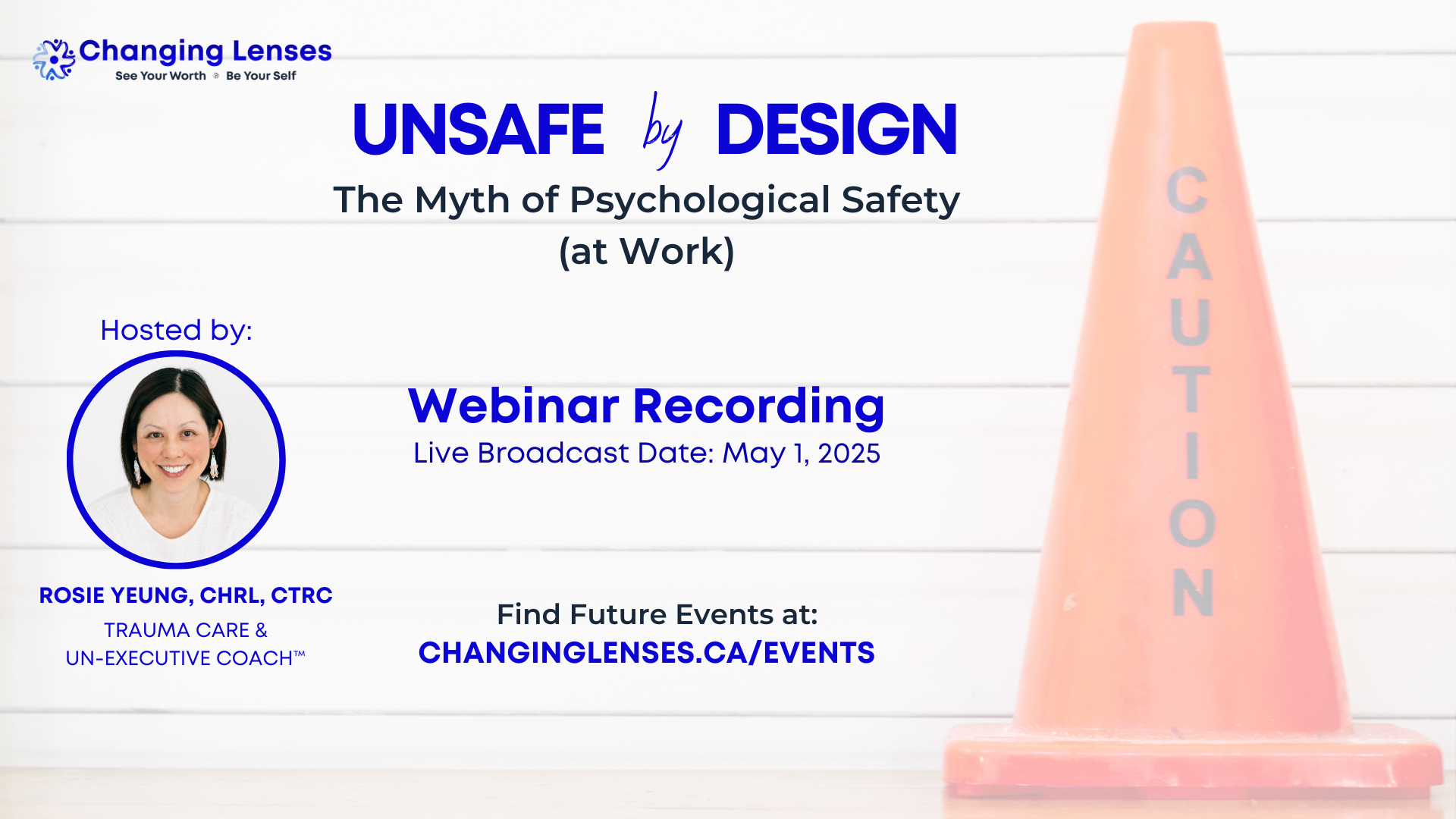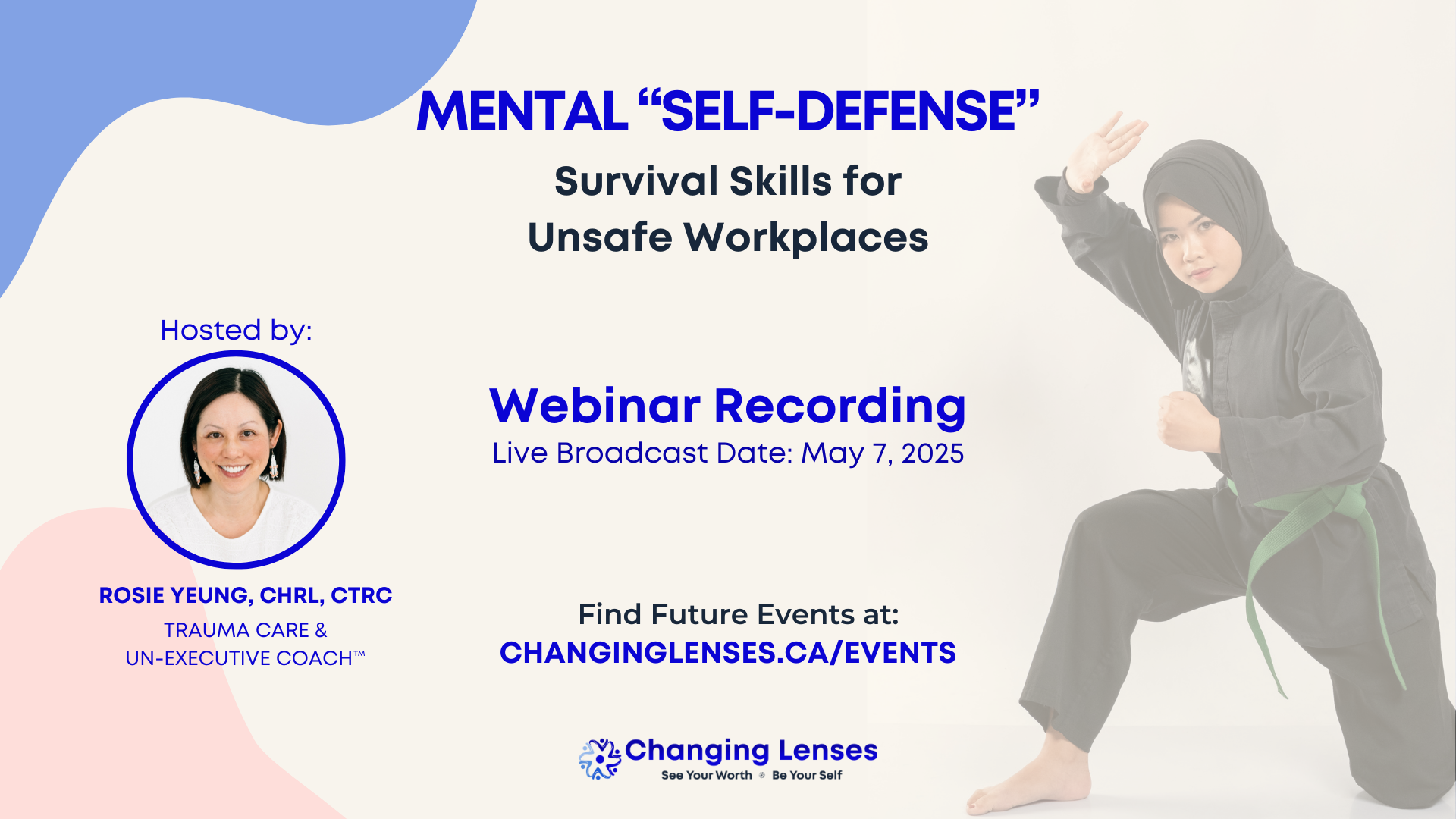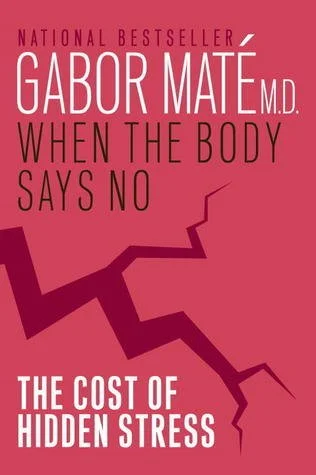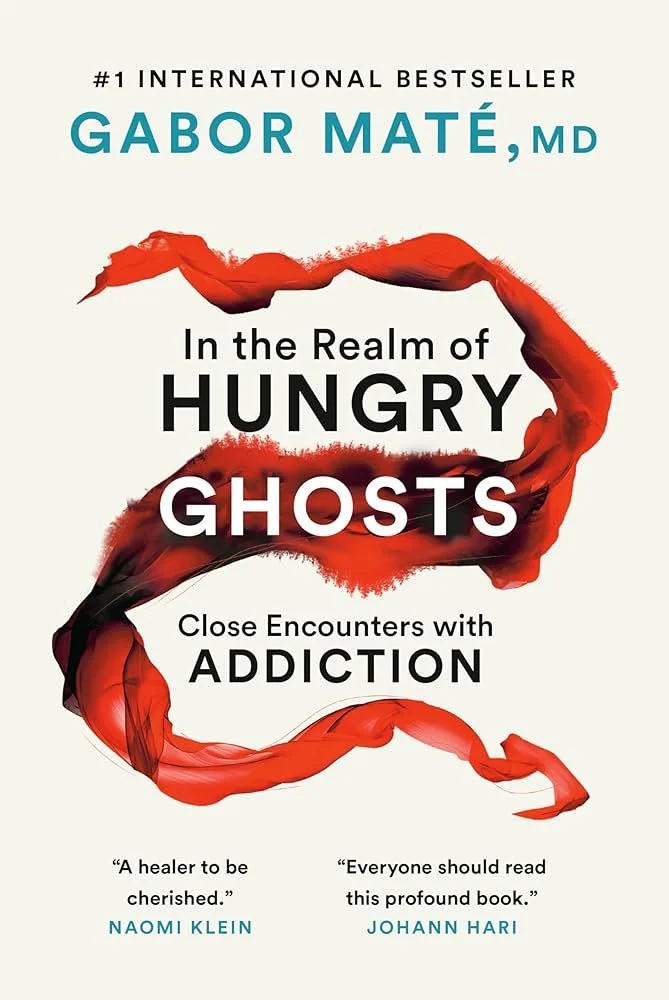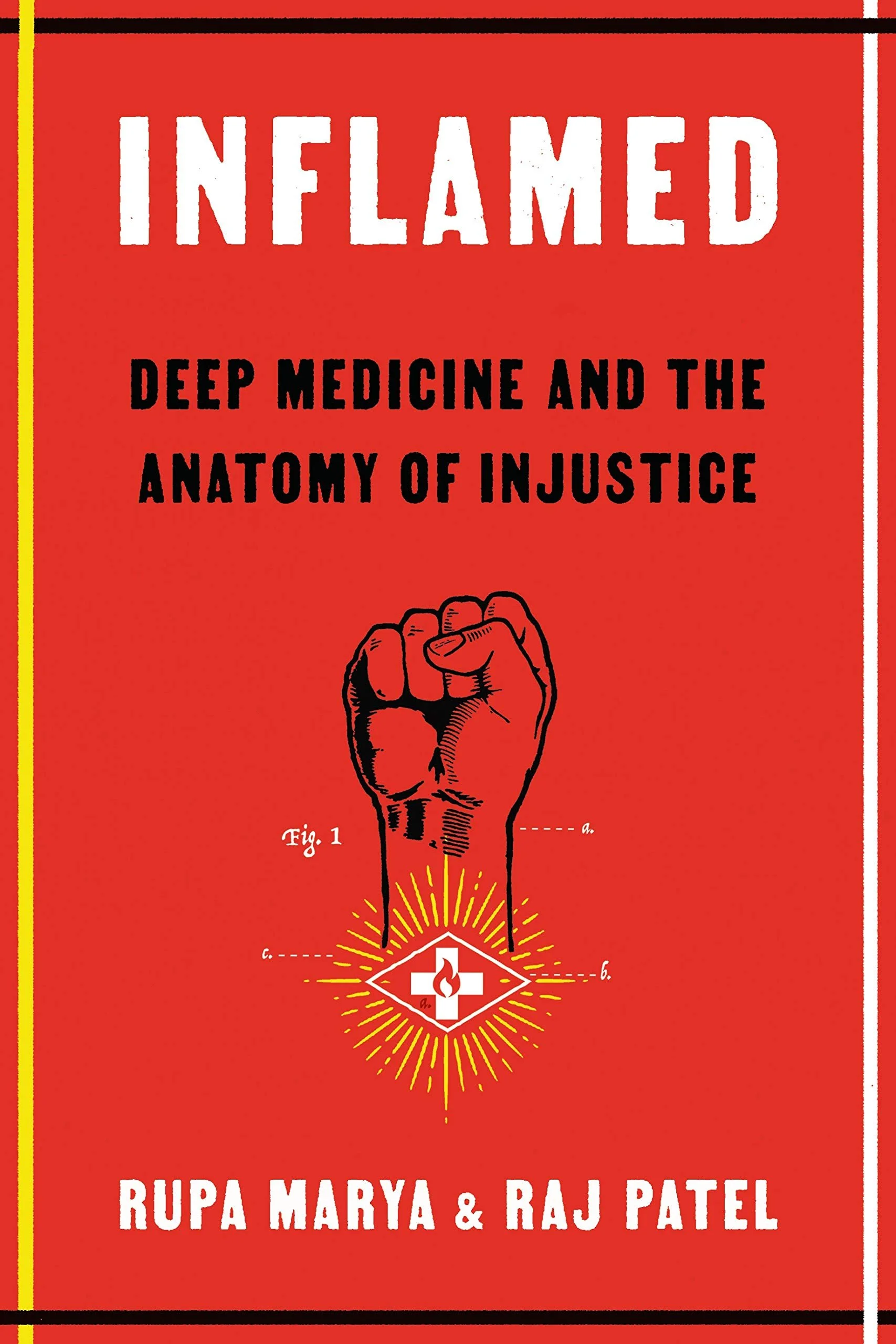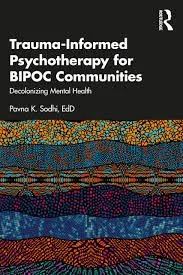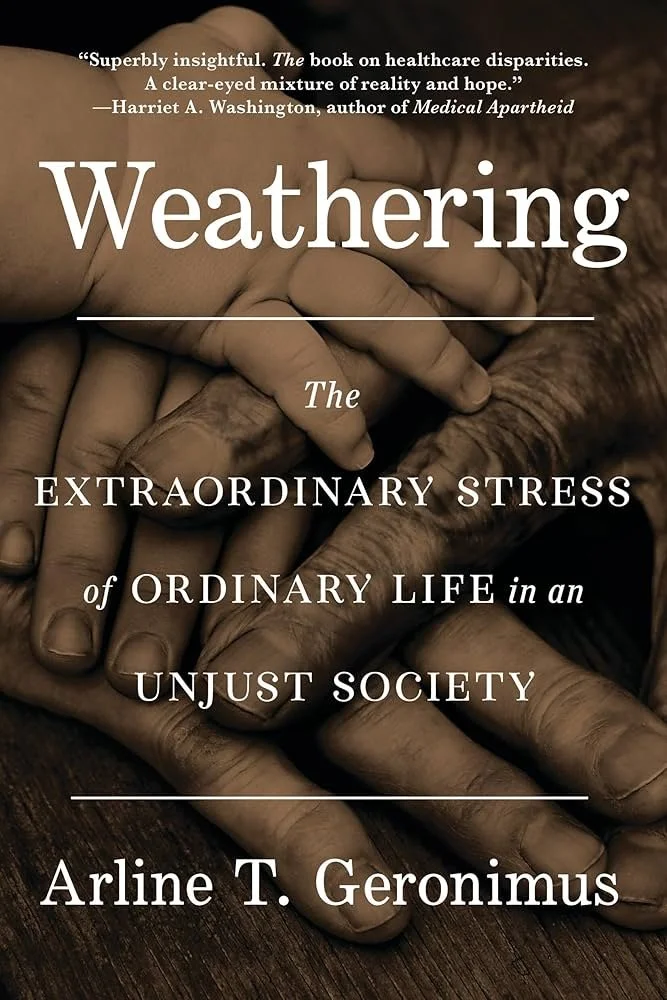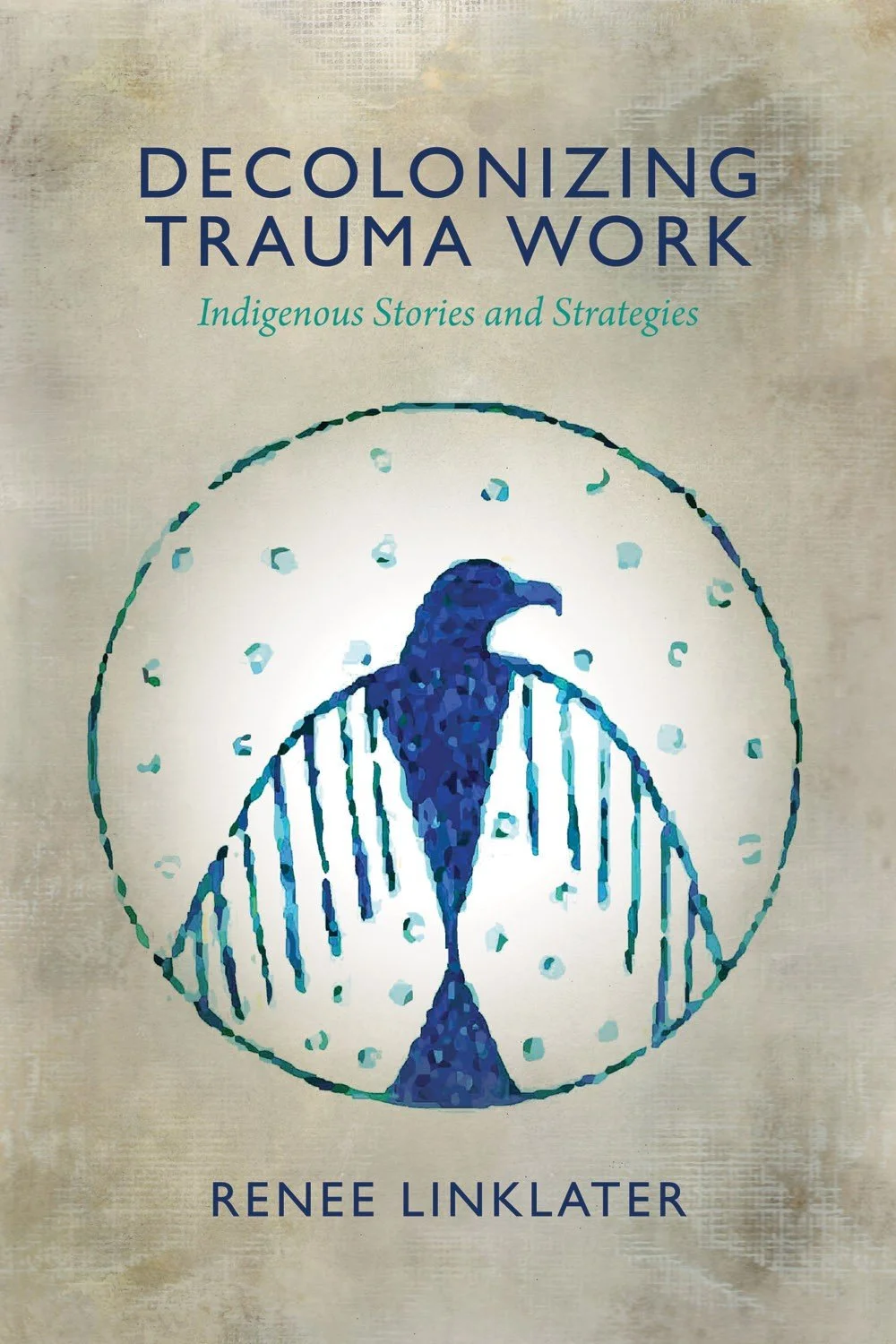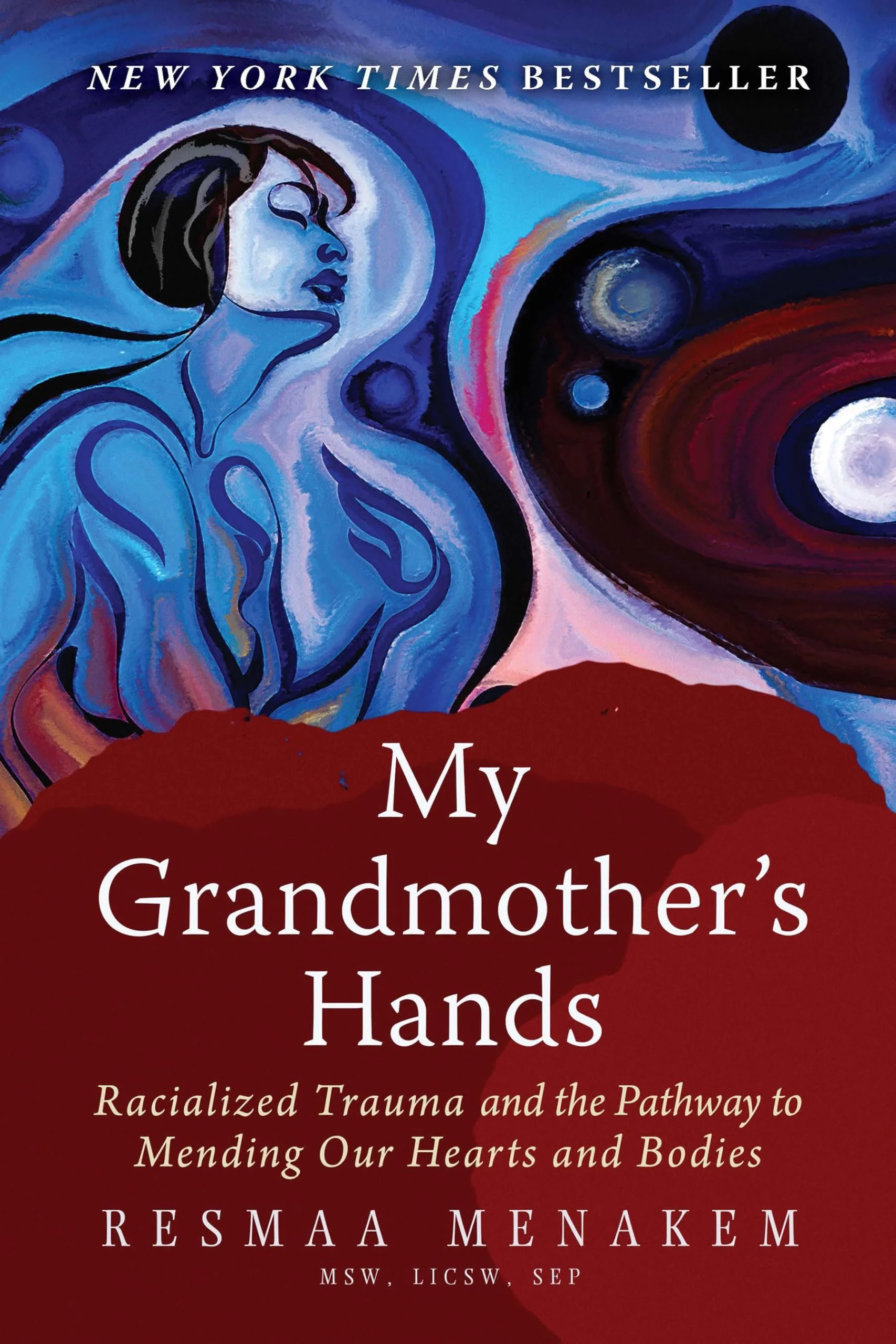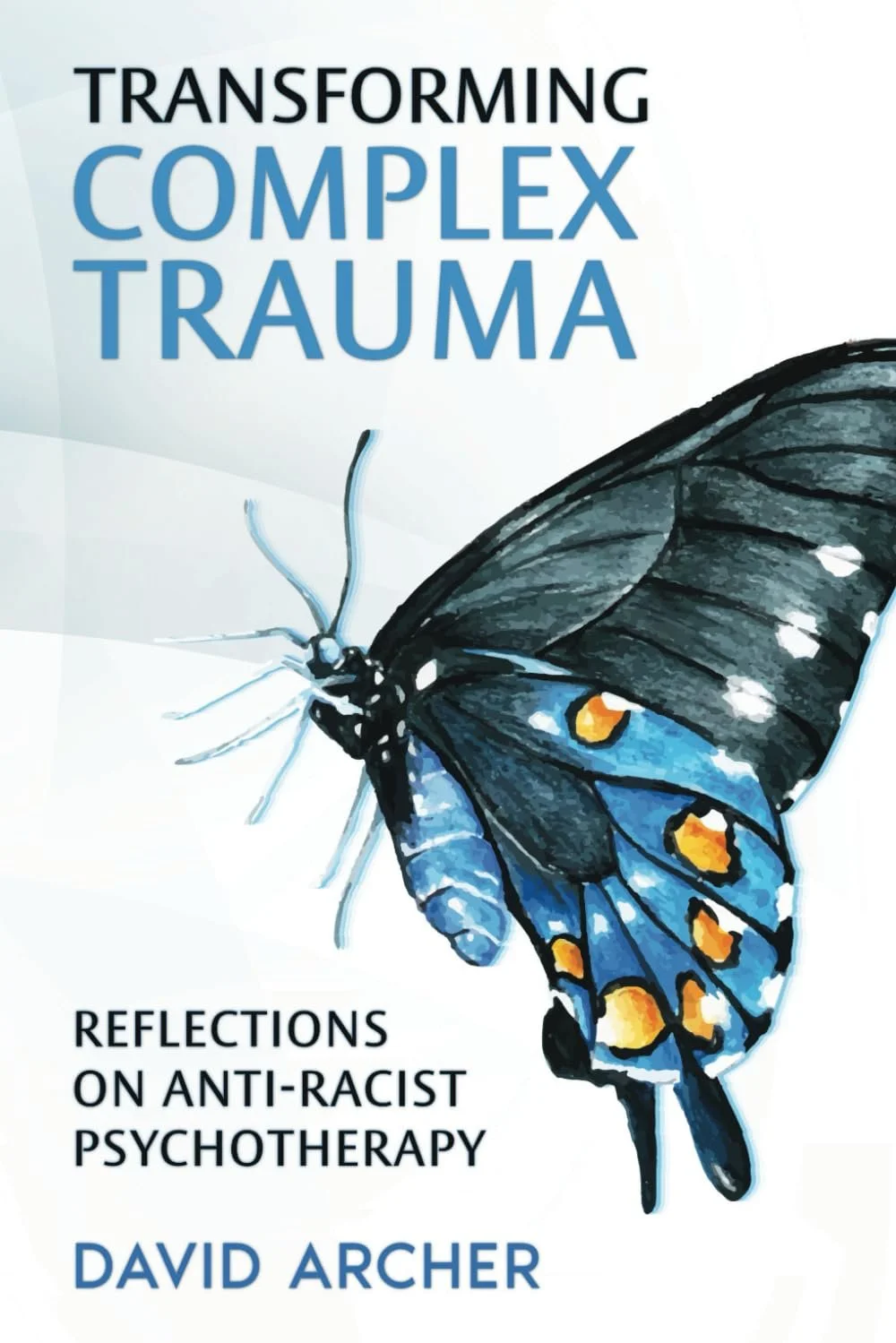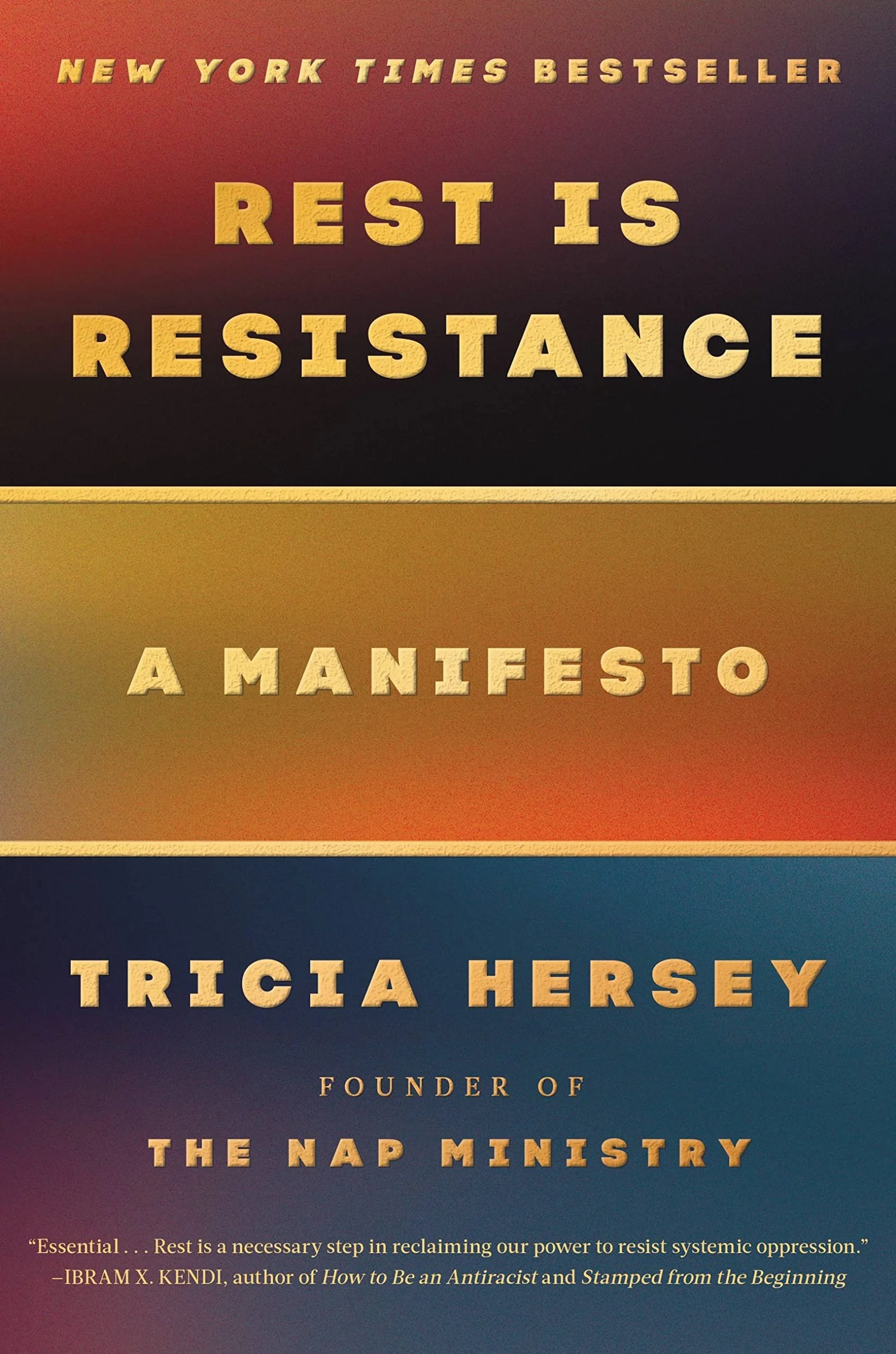
Intersectional Resources for Trauma-Informed Self-Care
Holistic coaching support involves more than just live sessions.
My coachees receive tools, exercises and guides to continue their growth and development outside of our 1-on-1 sessions.
Here’s a sample of those resources you can try on your own.
Free Changing Lenses Resources
Psychological Safety and Self-Defense Training Videos
Like the concept of meritocracy, “psychological safety” in the workplace is a myth. But that doesn’t mean you can’t have it – even when your external reality doesn’t offer it.
In these webinar recordings, we’ll uncover the covert psychological dangers in corporate environments. I’ll show you some ways to navigate unsafety and build practical mental self-defense strategies to protect your wellbeing.
You’ll learn:
Why psychological safety is limited in traditional employment systems and how they prioritize company profit over employee mental safety.
The difference between mental health, mental injury, and mental safety, applying psychological theories like polyvagal and attachment theory.
Practical mental self-defense techniques to protect yourself from workplace stress, gaslighting, and performative DEI – through intersectional, anti-oppressive and social justice lenses.
Access the full recordings and handouts for free by signing up below, and Change Your Lens on psychological safety at work today!
We believe in advocacy and support through knowledge sharing and community building. When you sign up for the recordings, you'll be subscribed to the Changing Lenses community newsletter. We do not sell or distribute your email, and you are free to unsubscribe at anytime.
Identifying Feelings and Needs
Do you ever struggle to name what you’re feeling or ask for what you need? This is more common than you may think! Especially in cultures where emotional invalidation (“Stop being so sensitive!”) and pseudo-feelings (“I feel like you’re overreacting”) get normalized while real feelings get stigmatized.
To support you in recognizing and validating your authentic feelings, I’ve compiled this categorized list of common feelings and needs (original source: the Nonviolent Communication Academy). If you’d like this resource, just click here to download it.
Changing Lenses Events and Webinars
From time to time, I offer live events and webinars (like the psychological safety ones above) to build community and share knowledge.
Check out my upcoming events and follow my event calendar to be notified of future ones!
No time to watch a webinar?
No problem!
I offer intersectional thought leadership on trauma, social justice and work in shorter form content pieces in my blog and podcast.
Changing Lenses Thought Leadership
Trauma Recovery and Mental Health Resources
The following are resources, tools, and exercises I use in coaching, which you can also use on your own at work and at home.
Bilateral Stimulation
Research and Articles on Bilateral Stimulation
How Bilateral Stimulation Works to Reduce Anxiety
by Bay Area CBT Center
The Science Behind Bilateral Stimulation
by the Trauma Therapist Institute
The Proven Power of Bilateral Stimulation (and How to Self-Administer It)
by Rod Mitchell, MSc, MC, Registered Psychologist
Sample Bilateral Stimulation Exercises
Bilateral and Binaural Music
Article on Bilateral Music
by Linda Thai, LMSW, ERYT-200, CLYL
Free Bilateral Music For Download
by Alternating Sounds
Free Bilateral Music Playlist
by Rosie Yeung
Social Justice and Mental Health Resources for Asian-Canadians and Asian-Americans
Asian coachees sometimes ask me for resources or trauma care that is affirming of Asian culture. Over time, I’ve compiled the following links to external supports for the Asian diaspora community.
Asian-American and International Resources
ASIAN-AMERICAN MENTAL HEALTH COLLECTIVE
Building a community for Asian Mental Health Support.
RESOURCES FOR FINDING MENTAL HEALTH PROVIDERS
Asian-American Mental Health Resources provided by NAAAP Chicago
Asian-Canadian Resources
Mental Health and Crisis Support for Canadians
Canadian Mental Health Association
Centre for Addiction and Mental Health
Government of Canada Mental Health Support
Crisis lines in Canada
If you or someone you know is thinking about suicide or in a mental health crisis, call or text 9-8-8.
(Learn more at https://988.ca/.)
To find mental health or community services in your area, call or text 2-1-1.
If you're in immediate danger or need urgent medical support, call 9-1-1.
Curated Intersectional Reading List
The following books have changed my lens on trauma, social justice, and work. I’ve curated this list from my trauma training, trusted colleagues, and my own readings.
Books on Trauma and Trauma-Informed Psychology
When the Body Says No: The Cost of Hidden Stress
by Gabor Maté
The Body Keeps the Score: Brain, Mind, and Body in the Healing of Trauma
by Dr. Bessel van der Kolk
No Bad Parts: Healing Trauma And Restoring Wholeness With The Internal Family Systems Model
by Dr. Richard Schwartz
Books on the Intersectional Impacts of Racism, Colonization and Capitalism on Health and Healthcare Systems
Inflamed: Deep Medicine and the Anatomy of Injustice
by Rupa Marya and Raj Patel
The Pain We Carry: Healing from Complex PTSD for People of Color
by Natalie Y. Gutiérrez
Weathering: The Extraordinary Stress of Ordinary Life in an Unjust Society
by Dr. Arline T Geronimus
Decolonizing Trauma Work: Indigenous Stories and Strategies
by Renee Linklater
My Grandmother’s Hands
by Resmaa Menakem
Racial Trauma Clinical Strategies and Techniques for Healing Invisible Wounds
by Kenneth V. Hardy
The Trauma of Caste: A Dalit Feminist Meditation on Survivorship, Healing, and Abolition
by Thenmozhi Soundararajan
Books with an Intersectional Lens on Work, Productivity, and Communication
Rest is Resistance: A Manifesto
by Trisha Hershey
Scarcity: The New Science of Having Less and How It Defines Our Lives
by Sendhil Mullainathan and Eldar Shafir
Nonviolent Communication: A Language Of Life: Life-changing Tools For Healthy Relationships
by Marshall B. Rosenberg

